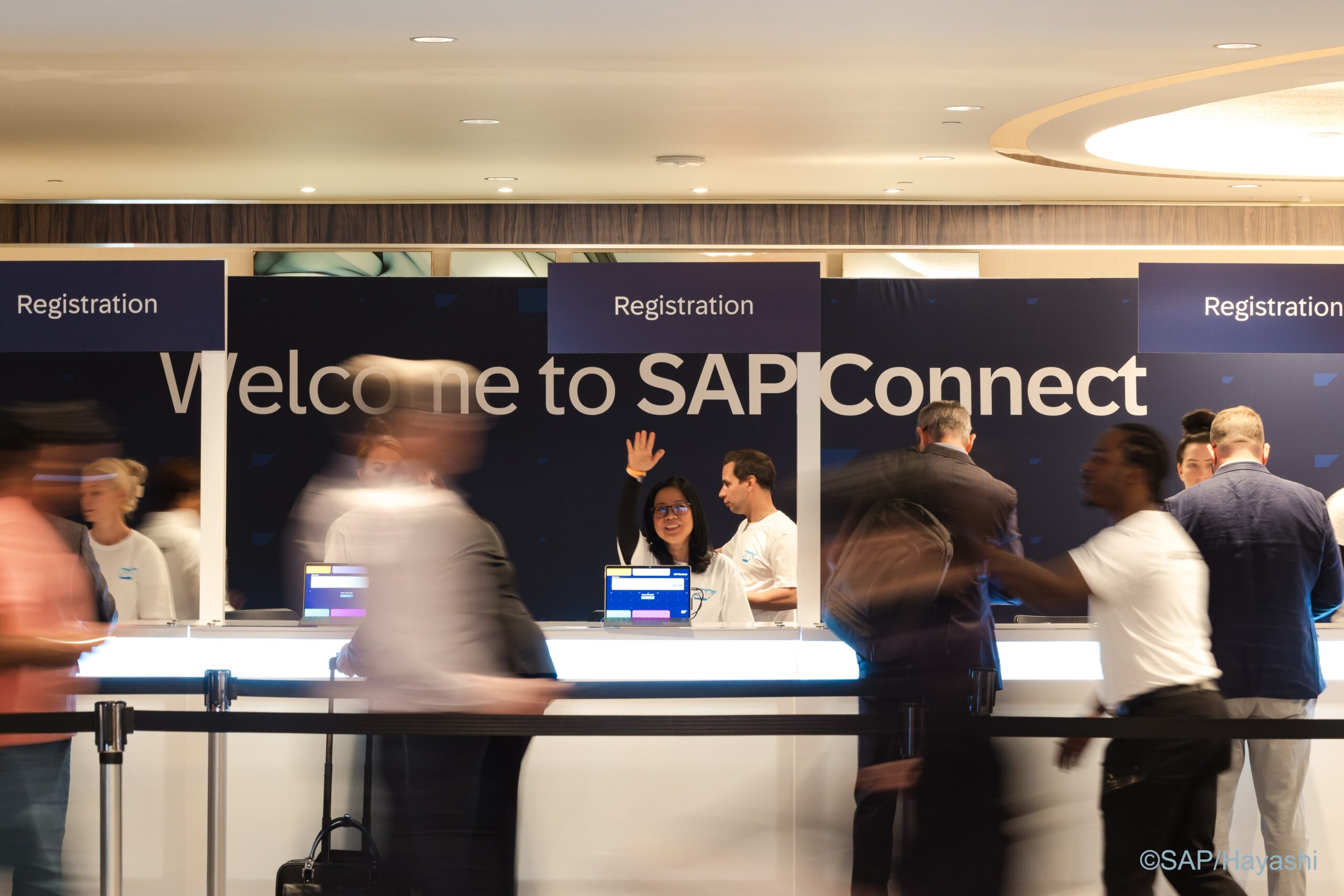Cultivating psychological safety at work: Why Asia struggles to do it
- HRM Asia Newsroom
- Topics: Asia-Pacific, DE&I, Employee Experience, Features, Home Page - Features

Psychological safety, a concept brought to prominence by Professor Amy Edmondson of Harvard Business School, refers to a shared belief that a work environment is safe for interpersonal risk-taking. When inclusive norms are implemented effectively, a psychologically safe workplace encourages open and honest communication, particularly from lower-level employees to those in higher positions.
The concept gained significant momentum from Google’s Project Aristotle, a two-year study aiming to identify the components of a perfect team. It revealed psychological safety as the most critical factor in team success, showing that teams thrived when members felt at ease sharing ideas, taking chances, and learning from mistakes.
In a 2023 systemic review article, Prof. Edmondson and Derrick Bransby observe that psychological safety has matured significantly since its inception in the 1990s and is now a well-established theory, as reflected in both extensive academic research and widespread practical application across various organisational contexts. From a DEI (diversity, equity, and inclusion) standpoint, research increasingly shows that psychological safety is crucial for harnessing diversity to enhance organisational inclusiveness.
Mature as it is, present research falls short of telling us how psychological safety interacts with cultural variations and its effective application in non-Western work environments. From an intercultural perspective, Asian workplaces typically exhibit low psychological safety. Drawing on Hofstede’s cultural dimensions theory, this is attributed to the high power distance and hierarchical structures, which tend to inhibit open communication, let alone upward dissent, from lower-ranking employees.
In our role as psychological safety workshop facilitators working across global contexts, we find that cultural disparities pose the most significant challenge and are particularly evident in APAC and cross-cultural teams. The stark contrast between Western and Asian employee experiences complicates our efforts to assess and enhance psychological safety levels in these environments.
While the importance of psychological safety is now widely accepted, the application in diverse cultural contexts requires careful consideration. This is particularly relevant when it is adapted in societies where hierarchical structures are deeply ingrained. What strategies can be employed to bridge the significant power gap between leaders and subordinates? Is simply promoting open, bottom-up communication sufficient to address these cultural challenges? How can we effectively foster psychological safety in Asian organisations?
To address these issues, we propose viewing psychological safety through a dual lens – as both a psychological and cultural construct. Our facilitation with teams in the Asia-Pacific region has revealed that cultural challenges frequently arise from a cognitive mismatch. Specifically, there is a discrepancy between how the core variables used to assess psychological safety are defined in the framework and how employees in these cultures understand them. This misalignment indicates that the discourse around speaking up – a crucial element of psychological safety – is either absent or considered unimportant when these employees think about what makes teams successful.
Additionally, cultural differences significantly influenced how employees interpreted the concept of risk. To assess teams before facilitation, we used Edmondson’s psychological safety survey, which employs a seven-point Likert scale ranging from strongly agree to strongly disagree. We noticed a pattern where Asia-based teams scored lower on the risk-related statement (It is safe to take a risk on this team) compared to teams primarily based in Europe or North America. Upon discussing these results with the teams, we found two main reasons for the lower scores. First, some team members genuinely did not feel psychologically safe. Second, cultural differences existed in perceiving various types of risk and appropriate power dynamics between superiors and subordinates.
Western employees generally understood the implied interpersonal nature of risk-taking, viewing it as a constructive way to express disagreement. In contrast, their Asian counterparts, less exposed to the affective side of corporate management, often did not make this connection without explicit clarification. Because the concept of risk was rarely used outside the contexts of business strategy and decision-making – something to be managed rather than taken.
READ MORE: Lead with trust, not monitoring, for a more engaged workforce
In many Asian cultures, challenging superiors is frequently seen as disrespectful due to higher power distance in relationships. These cultural nuances reveal that Western experiences tend to align more closely with the concepts implied in typical psychological safety frameworks. The contrast between these cultural perspectives emphasises the critical need for cultural awareness and adaptation when implementing and assessing psychological safety measures across diverse international contexts.
A one-size-fits-all approach is inadequate. With meanings being lost in translation, it becomes challenging to accurately assess and compare psychological safety levels across global teams, also hindering the development and implementation of effective action plans to improve team dynamics and enhance overall business performance. Measurements of psychological safety require thoughtful adjustment to be effective in different cultural settings and teams.
About the authors:
 Dr Ting-Fai Yu is a DEI consultant dedicated to applying research and evidence-based insights. As a social scientist, he is an Associate Researcher at the French Centre for Research on Contemporary China and adjunct faculty at Monash University Malaysia, where he formerly served as a Lecturer in Gender Studies.
Dr Ting-Fai Yu is a DEI consultant dedicated to applying research and evidence-based insights. As a social scientist, he is an Associate Researcher at the French Centre for Research on Contemporary China and adjunct faculty at Monash University Malaysia, where he formerly served as a Lecturer in Gender Studies.
As a DEI professional, Ting-Fai previously worked for Logitech to oversee the Asia Pacific region. Now, he manages Inclusive Routes Consulting, which leverages scientific methods to make DEI contextual, measurable, and effective.
 Julia Cselotei is a DEI professional with a background in social and environmental sustainability. She is currently a DEI Lead at the Rotterdam School of Management. She previously worked at Logitech and Elsevier, where she managed their Psychological Safety programs. She is passionate about helping teams work better together to improve business and personal outcomes in the workplace.
Julia Cselotei is a DEI professional with a background in social and environmental sustainability. She is currently a DEI Lead at the Rotterdam School of Management. She previously worked at Logitech and Elsevier, where she managed their Psychological Safety programs. She is passionate about helping teams work better together to improve business and personal outcomes in the workplace.






